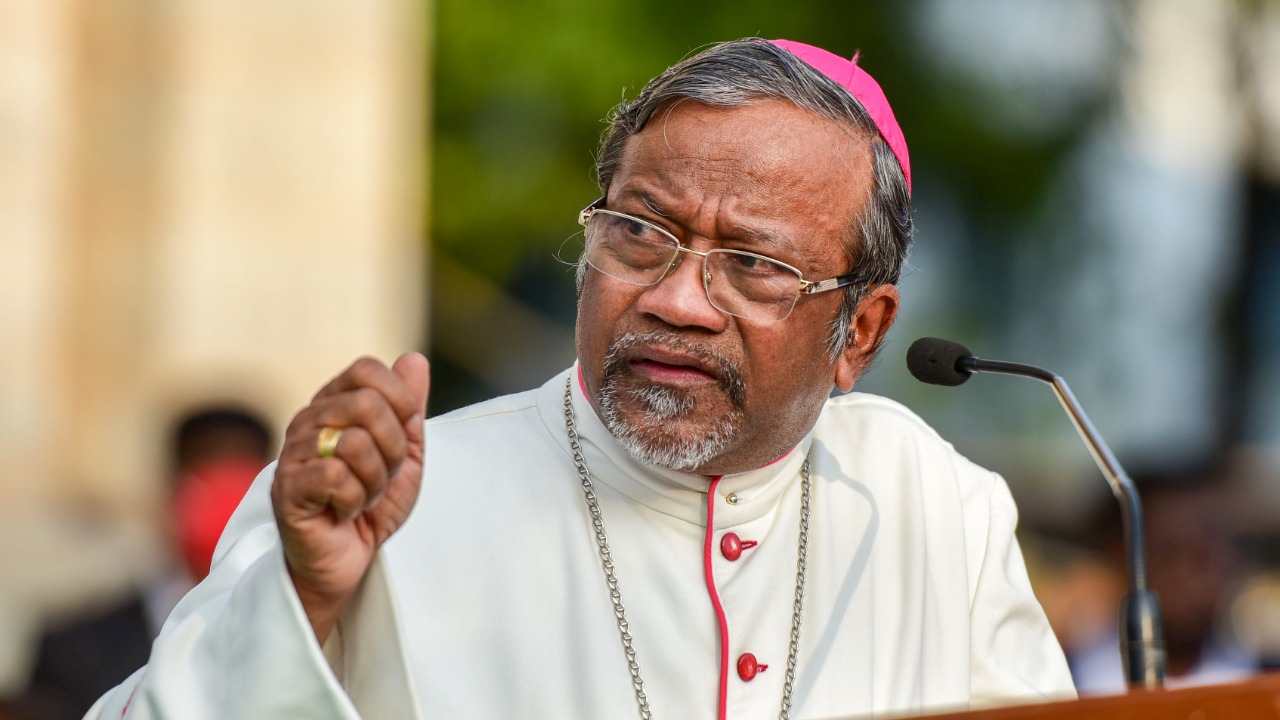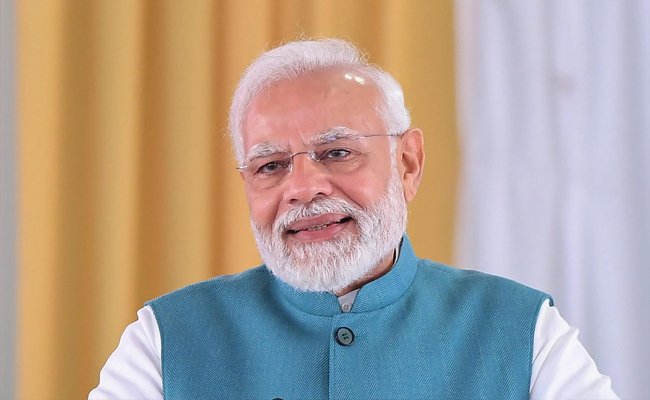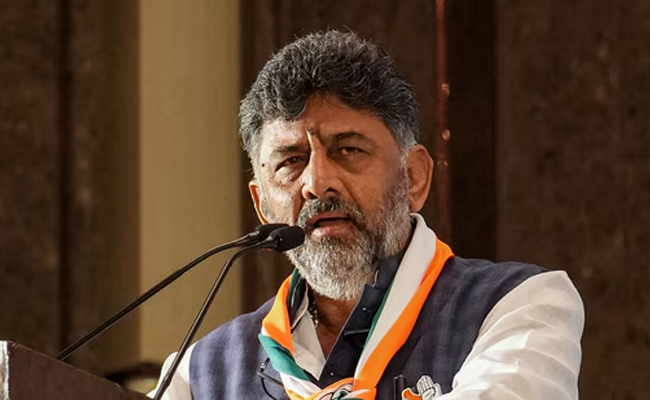Archbishop Peter Machado of Bangalore has extended Easter greetings to Christians worldwide, marking the upcoming occasion as a momentous event celebrated by believers globally. Easter, symbolizing the victory of life over death through the resurrection of Jesus Christ, holds profound significance beyond its historical context. It serves as a beacon of hope, inspiring faith and optimism among people of all creeds and cultures.
The Archbishop's message, delivered ahead of the Lenten season, emphasizes the period of fasting and introspection leading up to Easter Sunday. He highlights the importance of self-examination, seeking forgiveness, and embracing positive transformation in one's life during this time.
Reflecting on the message of peace and reconciliation imparted by Jesus Christ after His resurrection, Archbishop Machado urged people to spread love, nurture their communities, and empower fellow followers. He called for a dedicated observance of Holy Week, beginning with Palm Sunday and culminating in the joyous Easter celebration.
The Bangalore Archdiocese is set to commemorate Holy Week with fervent participation from the faithful, marking key events such as Maundy Thursday and Good Friday. The Archbishop's message underscored the universal significance of Easter, transcending religious boundaries to embody the spirit of renewal, unity, and hope.
In conclusion, Archbishop Machado extended blessings for a meaningful Easter season, filled with divine grace and joy for all.
Let the Truth be known. If you read VB and like VB, please be a VB Supporter and Help us deliver the Truth to one and all.
Gorakhpur (PTI): A hospital employee was booked for allegedly sexually assaulting a woman in the pretext of an ultrasound test here in the district women's hospital, police said on Saturday.
According to the complaint, the woman, a resident of the Gulriha area, visited the district women's hospital on Thursday morning for an ultrasound test.
She was directed to a room, where Abhimanyu Gupta was conducting ultrasounds. When her turn came, the accused allegedly stared at her and told her to remove all her clothes, claiming it was necessary for the test and that a massage would also be required, she said.
ALSO READ: UP: Girl kidnapped, raped multiple times over 25 days; accused held
The woman alleged that once she complied, the accused began making obscene advances and tried to force himself on her. When she screamed, he allegedly gagged her, abused her and threatened to kill her before pushing her out of the room.
She said her complaints within the hospital went unheard, forcing her to approach the police.
Taking cognisance of the complaint, the hospital administration constituted a three-member inquiry committee, officials said.
Senior consultant (paediatrics) Dr Jay Kumar said, "The woman has levelled serious allegations against a staff member. Senior officials have been informed, and a departmental inquiry is underway. Strict action will be taken if the charges are proved."
Kotwali Station House Officer Chatrapal Singh said a case has been registered, and efforts are on to nab the accused.





